Virgin Galactic vs. Blue Origin vs. SpaceX: what sets the space tourism firms apart?
Sir Richard Branson’s Virgin Galactic reaches the edge of space in landmark test
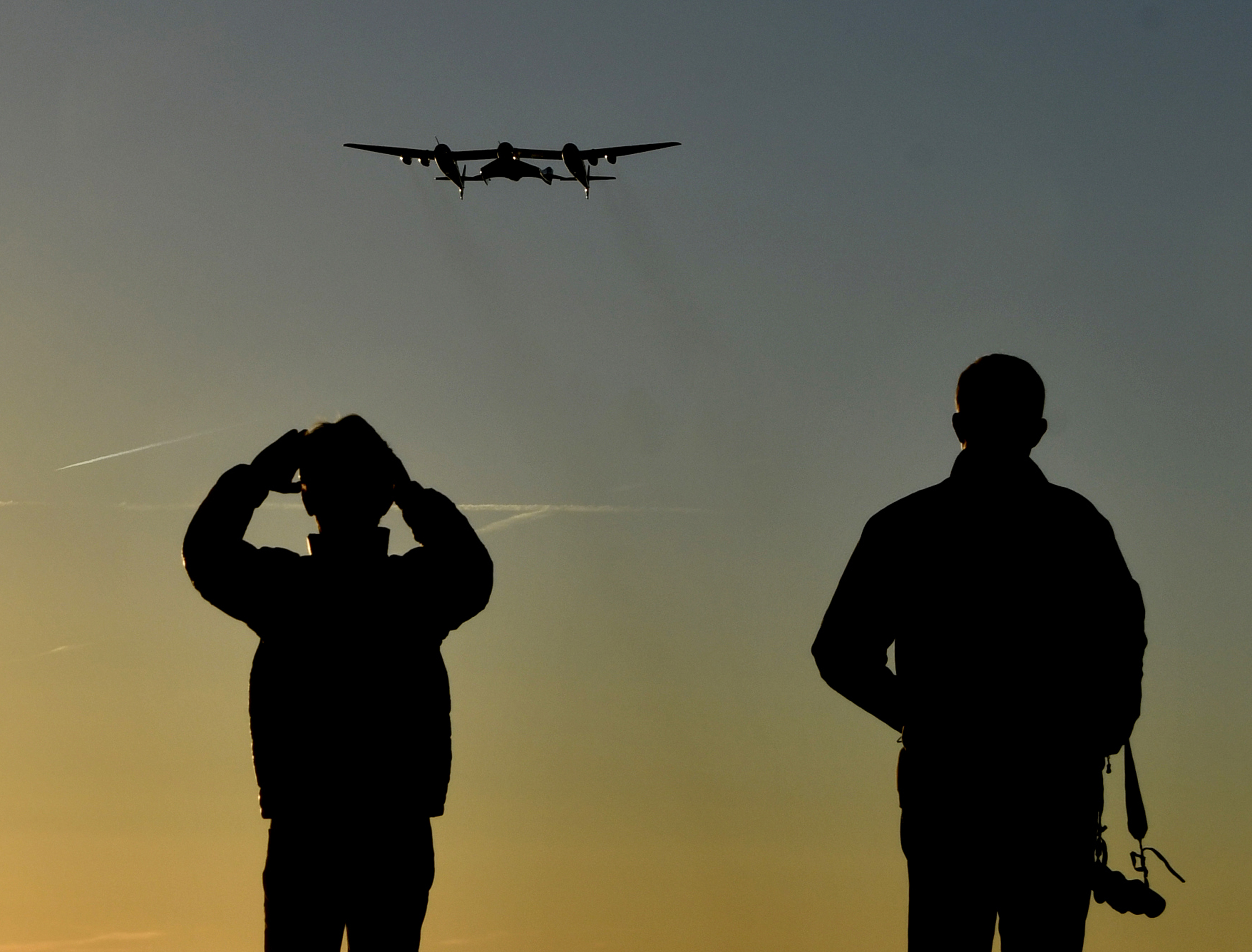
A free daily email with the biggest news stories of the day – and the best features from TheWeek.com
You are now subscribed
Your newsletter sign-up was successful
Sir Richard Branson’s space tourism firm Virgin Galactic has successfully sent a rocket ship to the edge of the Earth’s atmosphere and back.
The British company’s Virgin Space Ship (VSS) Unity took off from an airfield in the Mojave Desert, California, before reaching an altitude of 51 miles (270,000ft), Sky News reports.
That height was around 11 miles short of the 62-mile-high Karman Line, which has long been acknowledged as the border between the Earth’s atmosphere and space. But Virgin Galactic says that “recent research favours the lower altitude”, Sky News adds.
The Week
Escape your echo chamber. Get the facts behind the news, plus analysis from multiple perspectives.

Sign up for The Week's Free Newsletters
From our morning news briefing to a weekly Good News Newsletter, get the best of The Week delivered directly to your inbox.
From our morning news briefing to a weekly Good News Newsletter, get the best of The Week delivered directly to your inbox.
Either way, the manned mission proved to be a landmark test for the space tourism firm, which faces stiff competition from US-based private firms SpaceX and Blue Origin.
On the surface, the three companies appear to have different interests in the new space race. But dig a little deeper and these private space firms do actually share many of the same goals.
SpaceX

One of the many brainchildren of South African-born billionaire Elon Musk, SpaceX aims to drastically cut the cost of space travel.
A free daily email with the biggest news stories of the day – and the best features from TheWeek.com
It was founded in 2002 and its first launch took place in 2008, when it became the first private company to fire a rocket into space. Since then SpaceX has amassed a launch count of more than 100, says The Sun.
The firm is able to frequently send rockets into orbit thanks to its Falcon 9 craft. The spaceship is the first of its kind that can be reused without the need of a thorough overhaul before relaunching.
Though SpaceX has primarily been focusing on sending satellites into space for Nasa and the US military, the company is looking to break into the space tourism world with its Starship, formerly known as BFR (Big F***ing Rocket), in 2023.
Musk confirmed in September that Japanese entrepreneur Yusaku Maezawa will be the first passenger to travel on the ship, the BBC reports. Maezawa claims he will bring artists with him on the journey to help creatively portray space to those on Earth.
Blue Origin

Blue Origin was founded in 2000 by Amazon boss Jeff Bezos, “a long-time fan of spaceflight and proponent of developing economies in space”, says tech news site Teslarati.
Its first spacecraft is known as New Shepard, named after Alan Shepard, the first American to go into space. It has undergone several tests since making its maiden flight in April 2015.
So far, only crash dummies have been used in the craft’s development, but 2019 looks set to be the year when the company sends its first human test pilots into space aboard New Sherpard, says Wired. This will be followed by the company sending “passengers on jaunts into space” either at the end of the year or in 2020.
Adorned in “Star Trek–style jumpsuits”, the tech site says customers will be given a “a quick peek at their home planet” through the capsule’s “panoramic windows” - as well as “a few moments of weightless ecstasy”.
Although there’s no official word from Blue Origin yet, Fortune claims the company may also look to reusable rocket development with its upcoming New Glenn craft.
If the rumours are true, Blue Origin would become a key rival to SpaceX in both the space freight and tourism worlds.
Virgin Galactic

There has been much talk around Virgin Galactic since British entrepreneur Sir Richard Branson unveiled the radical project in 2004.
Passengers are launched into space aboard the small jet-powered SpaceShipTwo craft, which is similar in design to a private plane. But to get the craft off the ground, Virgin Galactic uses a larger, four-engined jet plane that carries SpaceShipTwo to an altitude of around eight miles before releasing it, says Sky News.
While both aircraft have been used in multiple test flights over the past ten years, the project has been dogged by issues.
In 2008, Branson announced that Virgin Galactic would begin taking paying passengers into space “within 18 months”, though the company still hasn’t done this some ten years later, the BBC reports.
Then, in October 2014, American co-pilot Michael Alsbury was killed, and pilot Peter Siebold suffered serious injuries, when a SpaceShipTwo development craft crashed into the Mojave Desert.
Yesterday’s test, though, indicates that the company is not giving up on its goal of sending customers to the edge of space.
According to Sky News, Virgin Galactic could send passengers to the stars as early as March 2019.
-
 How the FCC’s ‘equal time’ rule works
How the FCC’s ‘equal time’ rule worksIn the Spotlight The law is at the heart of the Colbert-CBS conflict
-
 What is the endgame in the DHS shutdown?
What is the endgame in the DHS shutdown?Today’s Big Question Democrats want to rein in ICE’s immigration crackdown
-
 ‘Poor time management isn’t just an inconvenience’
‘Poor time management isn’t just an inconvenience’Instant Opinion Opinion, comment and editorials of the day
-
 Elon Musk’s pivot from Mars to the moon
Elon Musk’s pivot from Mars to the moonIn the Spotlight SpaceX shifts focus with IPO approaching
-
 Data centers could soon be orbiting in space
Data centers could soon be orbiting in spaceUnder the radar The AI revolution is going cosmic
-
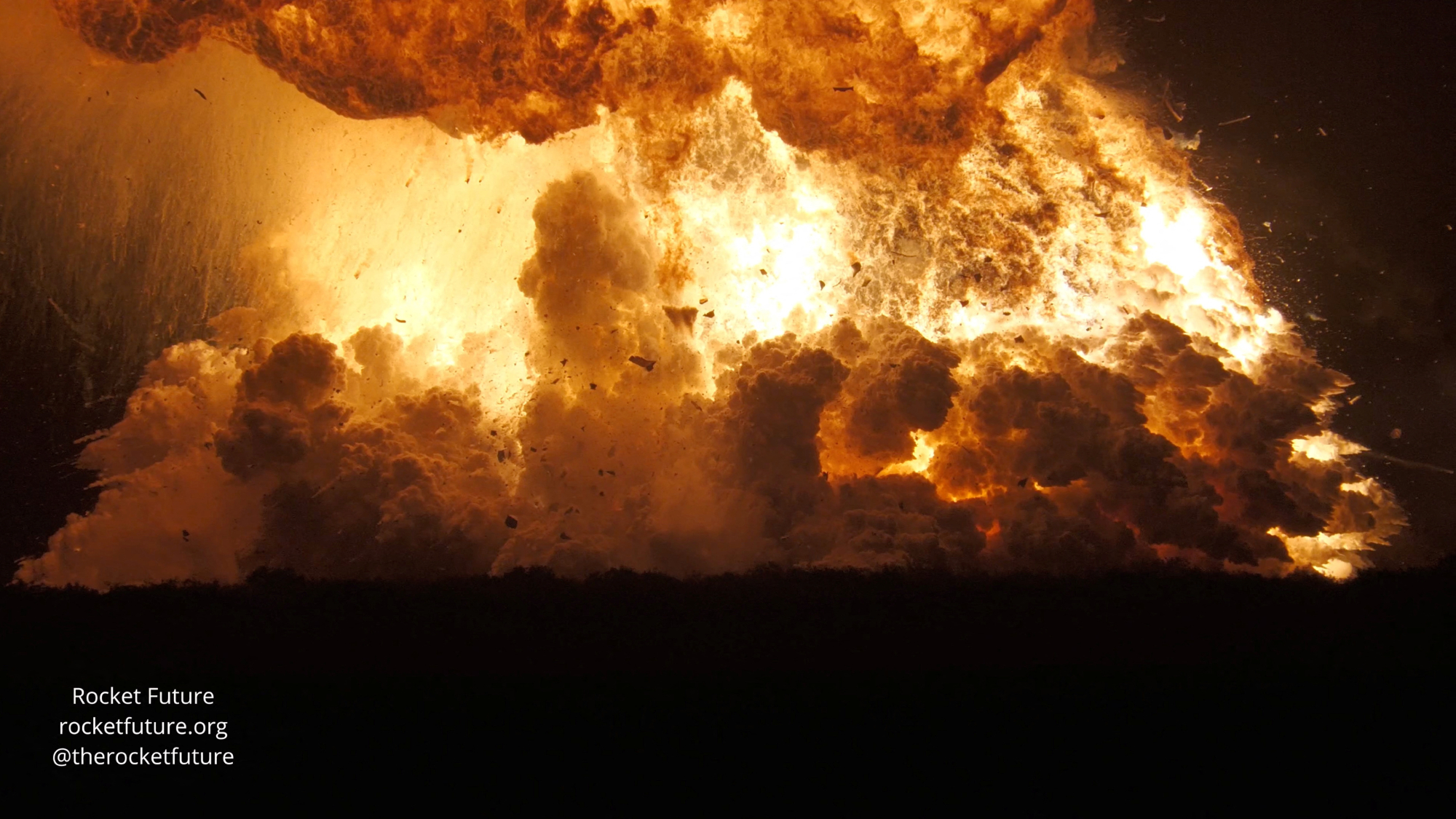 Another Starship blast sets back Musk's Mars hopes
Another Starship blast sets back Musk's Mars hopesSpeed Read Nobody was killed in the explosion, which occurred in south Texas
-
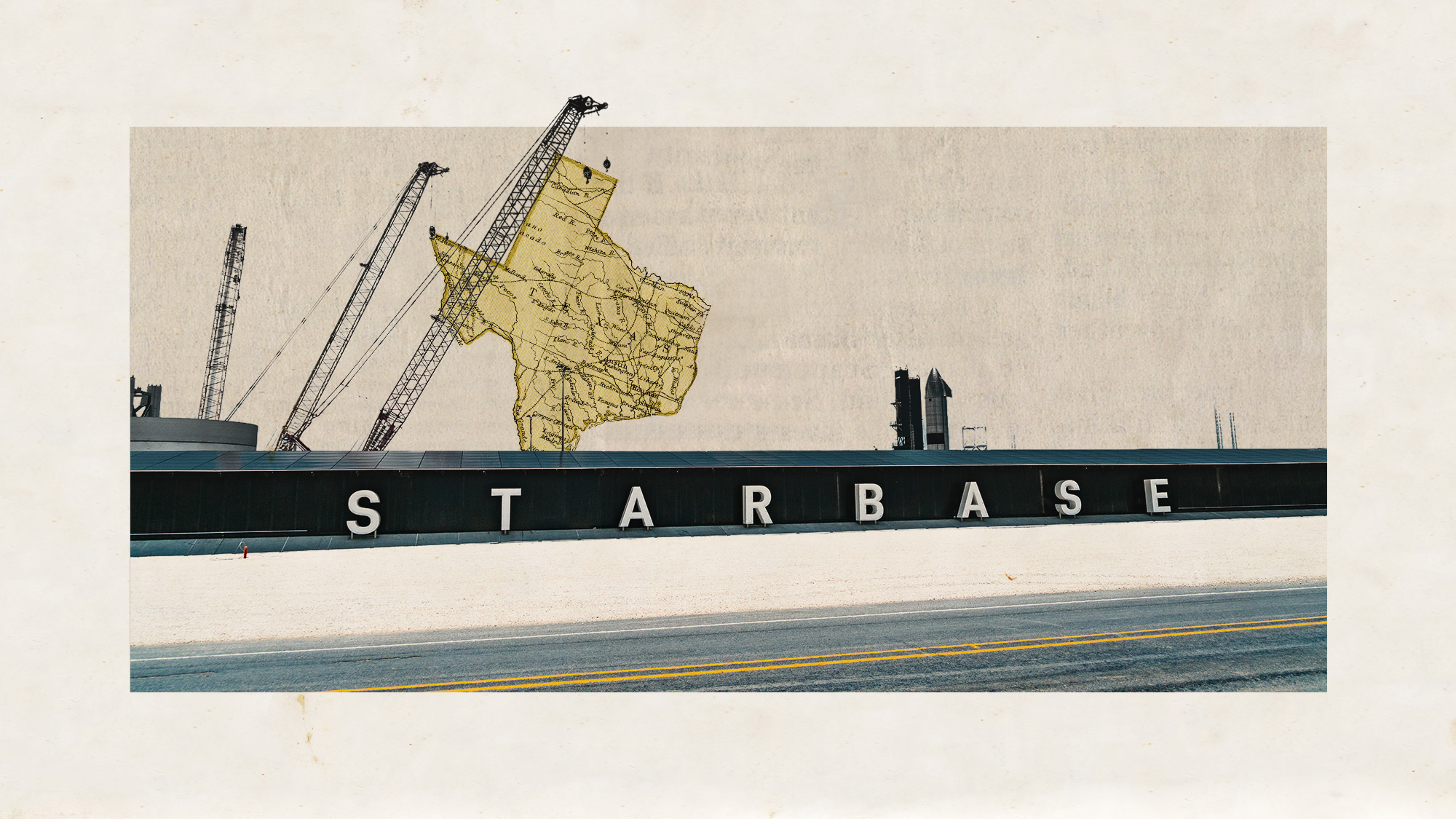 Elon Musk's SpaceX has created a new city in Texas
Elon Musk's SpaceX has created a new city in TexasUnder The Radar Starbase is home to SpaceX's rocket launch site
-
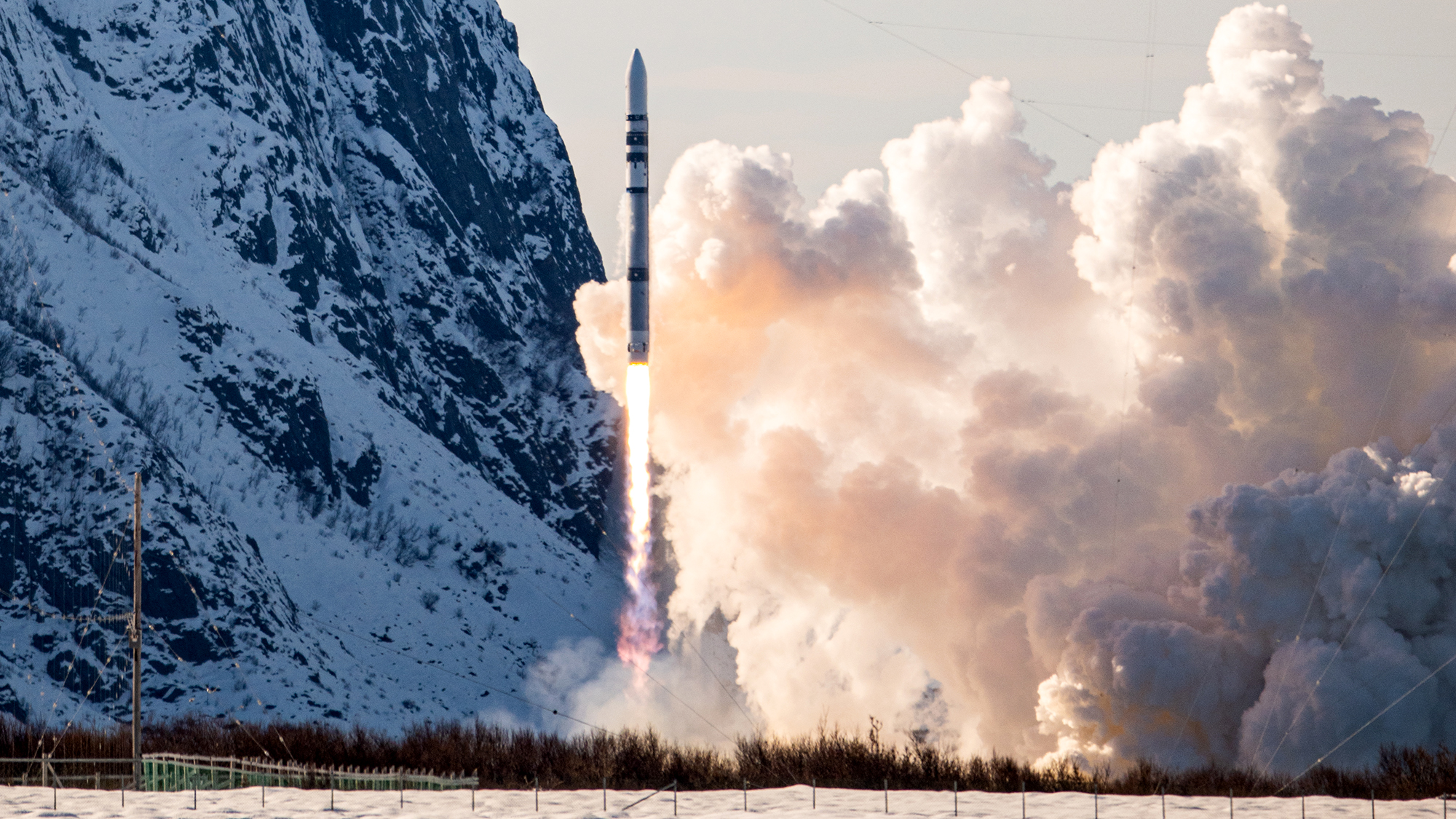 Test flight of orbital rocket from Europe explodes
Test flight of orbital rocket from Europe explodesSpeed Read Isar Aerospace conducted the first test flight of the Spectrum orbital rocket, which crashed after takeoff
-
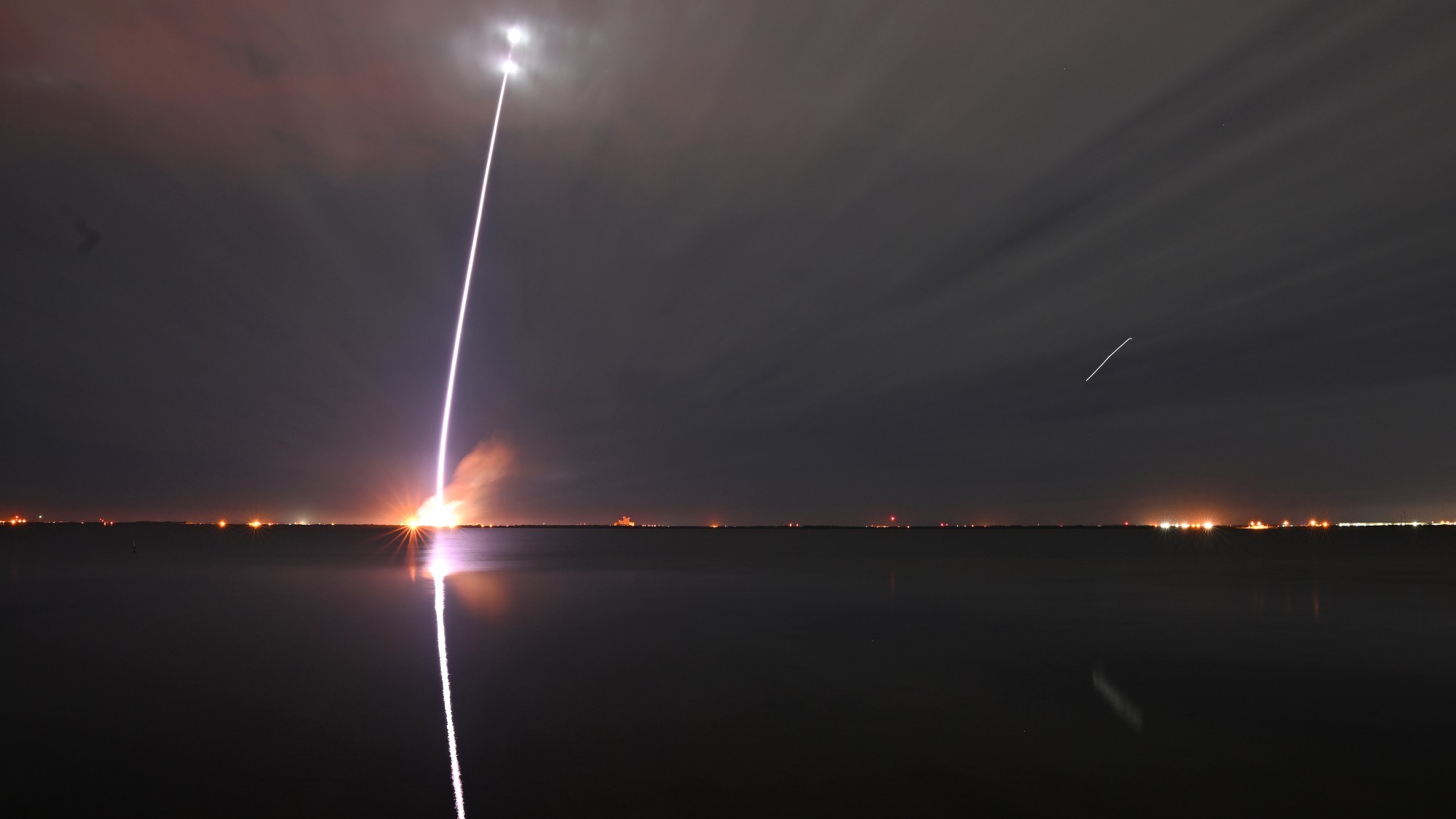 Jeff Bezos, Elon Musk and the billionaire space race
Jeff Bezos, Elon Musk and the billionaire space raceThe Explainer Tesla CEO and Amazon founder vie for dominance of satellite launch market and could influence Nasa plans to return to Moon
-
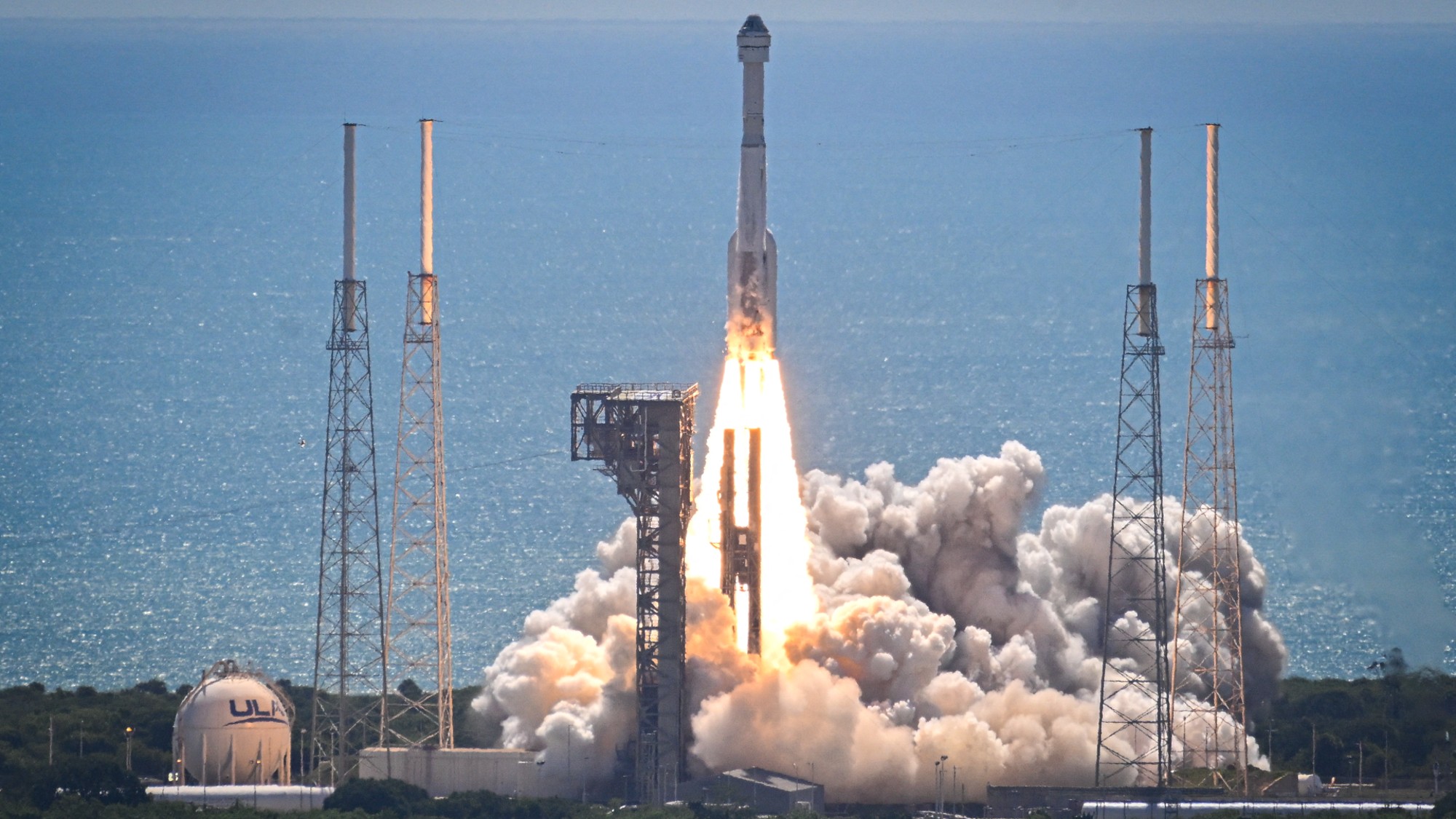 Starliner: What went wrong?
Starliner: What went wrong?Today's Big Question Boeing spacecraft has had a 'long, difficult road'
-
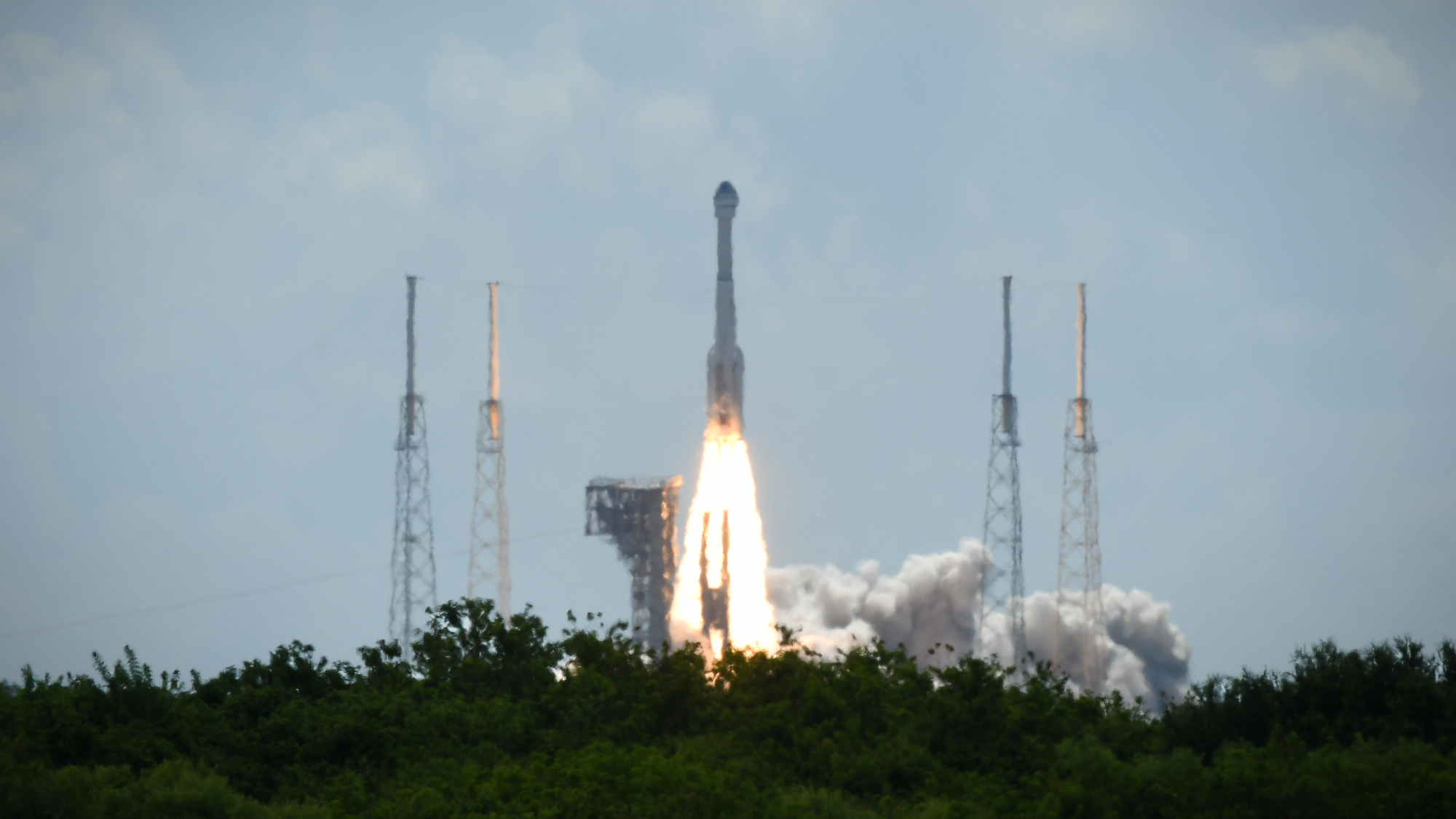 Boeing, SpaceX successfully test key rockets
Boeing, SpaceX successfully test key rocketsSpeed Read Boeing’s Starliner docked at the ISS and SpaceX completed its fourth test launch of its Starship spacecraft